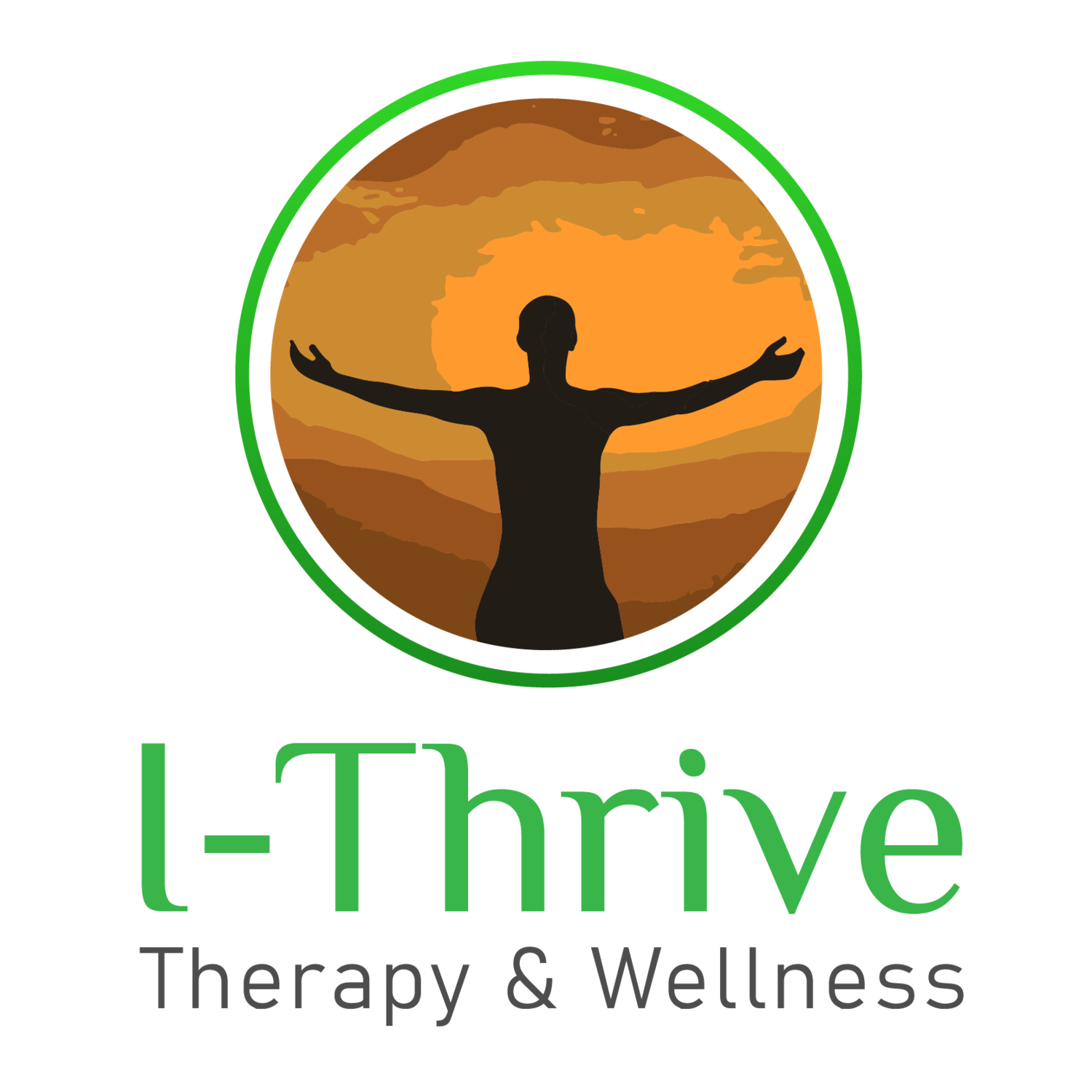IT’S MORE THAN VALIDATION The Role of Your Therapist
When you walk into a therapy session, it’s fair to suggest that you are or have been in search of a space where you can pour out your heart and have your feelings heard, validated, and understood. This expectation is valid; your therapist should create a protected and secure environment where you feel acknowledged and supported. However, know that the role of your therapist extends beyond just listening and validation. For your healing journey to be genuine and transformative, your therapist must also challenge you. This means you won't always hear what you want to hear during sessions, and that's an essential part of effective therapy.
As crucial as receiving validation can be for all humans and a major component of therapy because it ensures that your experiences, emotions, and perspectives are acknowledged, furthermore providing immediate relief - creating a foundation of trust between you and your therapist. But what would happen if therapy stopped at validation? It risks becoming stagnant. True healing requires movement, growth, and most times, discomfort. This is where the challenging aspect of therapy comes into play.
If you have a skilled therapist some of your sessions will leave you upset, and maybe even (for a short period) defensive. Your therapist needs to challenge you to look inward, confront your pain points, explore your insecurities, your fears, and address the underlying issues that contribute to your struggles. This might involve exploring difficult emotions, reevaluating long-held beliefs, or examining patterns of behavior that no longer serve you, even though those behaviors are familiar and feel safe.
These challenges could cause you some distress, which is why consistency in therapy to address that anguish and look at the uncomfortable truths and difficult realizations is key.
When your therapist challenges you, they are helping you break through barriers that hold you back, encouraging you to develop healthier coping mechanisms and more adaptive ways of thinking. Yes, sometimes the new healthier ways do not feel validating.
I like to liken it to how healthier foods don’t always taste the greatest, at least not at first.
If you have been hesitant about therapy or feeling frustrated with being challenged in your sessions now, remember that your therapist’s professional intention is to strike a balance between providing support and challenging you to grow. If your therapist does not encourage you to delve deeper and address the root causes of your struggles, your healing remains surface-level. Genuine healing requires vulnerability, courage, and the willingness to face discomfort, and it is through this process that you can achieve true transformation.

